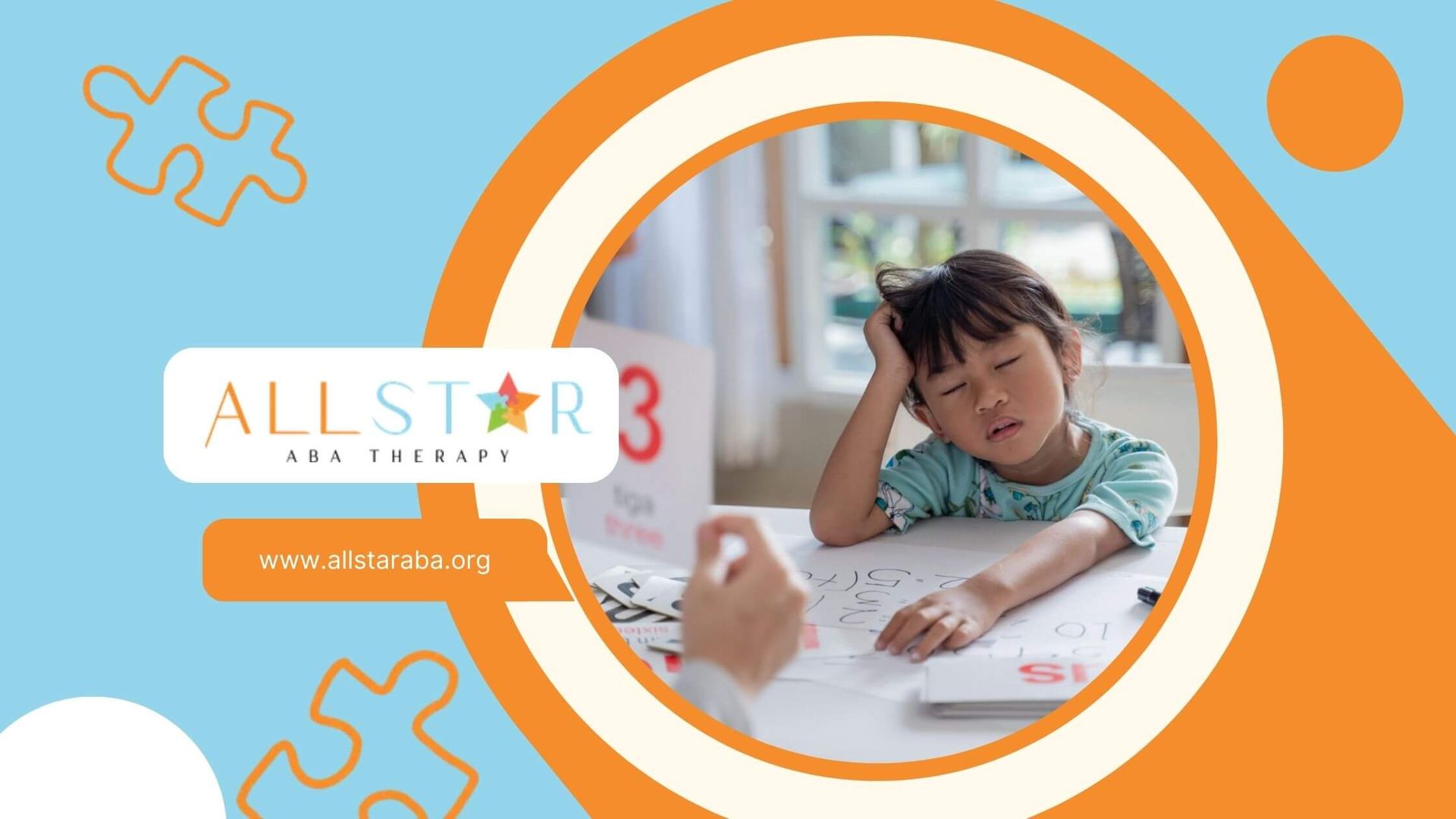New Paragraph
The Fascinating Ways Autistic Children Play and Learn
When it comes to play, autistic children often have a unique and individualized approach. Unlike typical play, which tends to involve imaginative or social interactions, play for children with autism can be deeply engaging, sensory-driven, and focused on repetitive actions.
But this doesn't mean they're missing out on the joy of play—rather, it highlights their specific ways of experiencing the world.
Sensory Play and Repetitive Behaviors
Autistic children often find comfort in sensory play, such as touching different textures, listening to sounds, or watching objects spin.
According to experts, sensory input is vital for children on the autism spectrum, as it helps them process the world around them in a way that's less overwhelming.
Repetitive behaviors, like lining up toys or watching the same video repeatedly, can also be a form of play, helping them establish a sense of order or calm in their environment.
Solitary Play with a Purpose
While many children engage in group play, autistic children may prefer solitary activities. This isn’t about isolation but more about focusing deeply on a specific task.
A study by the National Autistic Society found that children with autism are often engrossed in play that requires intense concentration, like puzzles or building with blocks. This kind of play helps them develop fine motor skills, cognitive abilities, and creativity in ways that suit their strengths.
For families in Maryland and Virginia, All Star ABA offers specialized services to help children with autism thrive. Our expert therapists can support your child’s growth through personalized ABA services designed to enhance their play skills and overall development.
Reach out today to learn how w cean make a difference in your child’s life!
Need Support?
We're Here to Help!
Our experienced team is ready to assist you. Reach out today to discuss how we can support your child's development and well-being.
Get started with expert ABA therapy today.








